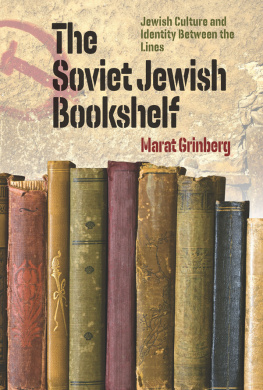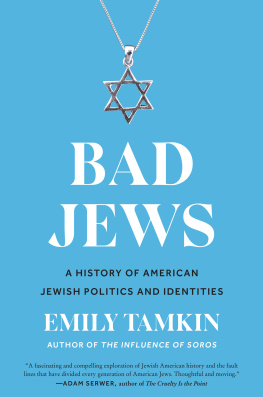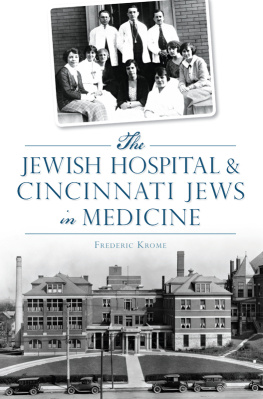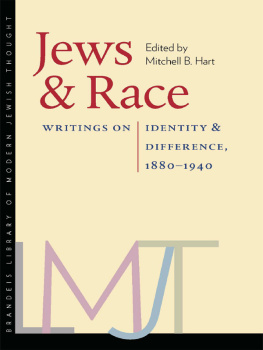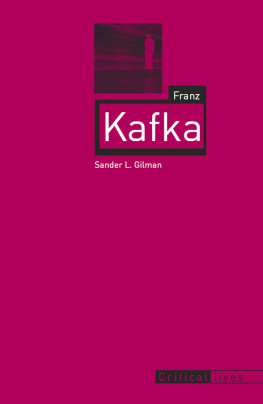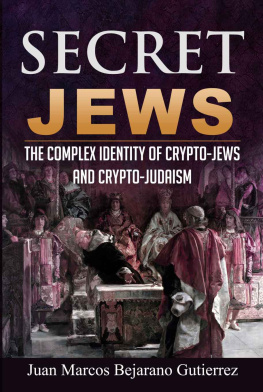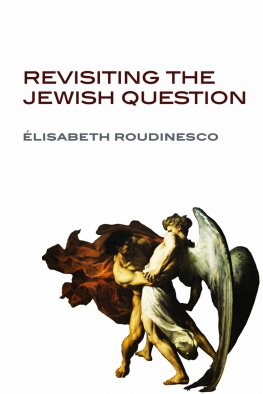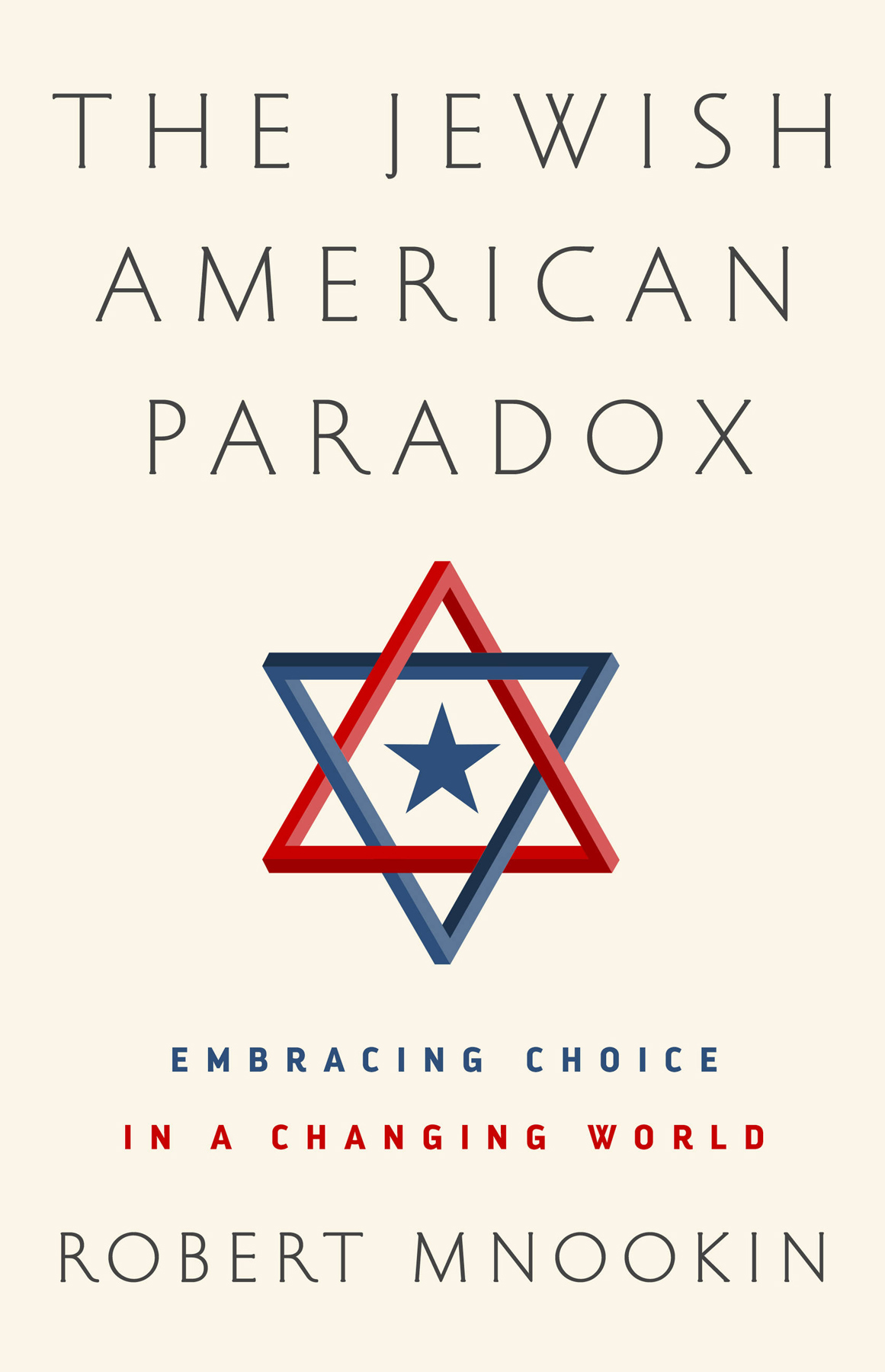Robert Mnookin - The Jewish American Paradox: The Chosen People and Modern Choices
Here you can read online Robert Mnookin - The Jewish American Paradox: The Chosen People and Modern Choices full text of the book (entire story) in english for free. Download pdf and epub, get meaning, cover and reviews about this ebook. year: 2018, publisher: PublicAffairs, genre: Home and family. Description of the work, (preface) as well as reviews are available. Best literature library LitArk.com created for fans of good reading and offers a wide selection of genres:
Romance novel
Science fiction
Adventure
Detective
Science
History
Home and family
Prose
Art
Politics
Computer
Non-fiction
Religion
Business
Children
Humor
Choose a favorite category and find really read worthwhile books. Enjoy immersion in the world of imagination, feel the emotions of the characters or learn something new for yourself, make an fascinating discovery.

- Book:The Jewish American Paradox: The Chosen People and Modern Choices
- Author:
- Publisher:PublicAffairs
- Genre:
- Year:2018
- Rating:3 / 5
- Favourites:Add to favourites
- Your mark:
The Jewish American Paradox: The Chosen People and Modern Choices: summary, description and annotation
We offer to read an annotation, description, summary or preface (depends on what the author of the book "The Jewish American Paradox: The Chosen People and Modern Choices" wrote himself). If you haven't found the necessary information about the book — write in the comments, we will try to find it.
Jews in America are in a period of unprecedented status and impact, but for many their identity as Jews--religiously, historically, culturally--is increasingly complicated. Many are becoming Jews without Judaism. It appears success and acceptance will accomplish what even the most virulent anti-Semitism never could---if not the disappearance of Jews themselves, the undermining of what it means to be Jewish.
In this thoughtful, personal, deeply-reasoned book, Robert Mnookin explores the conundrums of Jewish identity, faith and community in America by delving deep into Jewish history, law, and custom. He talks to rabbis, scholars, and other Jews of many perspectives to explore the head, heart, and heritage of Judaism and confronts key challenges in the Jewish debate from the issue of intermarriage to the matter of Israeli policies.
Mnookin shares provocative stories of the ways American Jews have forged (or disavowed) their Jewish identity over the past half-century, including his own to answer the standing question: How can Jews who have different values, perspectives, and relationships with their faith, keep the community open, vibrant, and thriving?
Robert Mnookin: author's other books
Who wrote The Jewish American Paradox: The Chosen People and Modern Choices? Find out the surname, the name of the author of the book and a list of all author's works by series.

